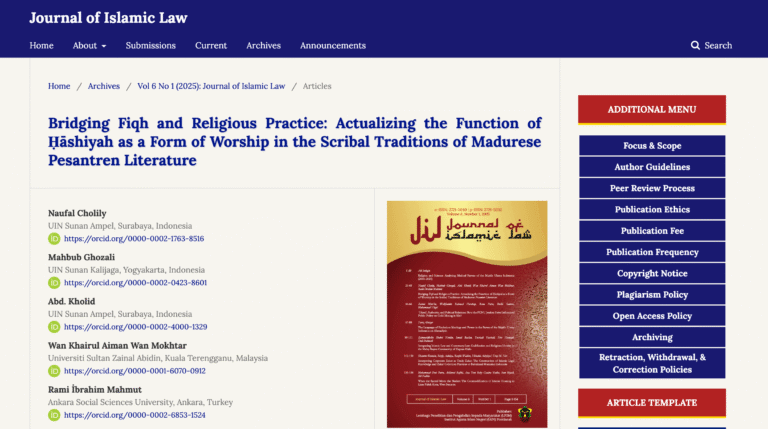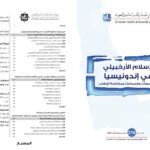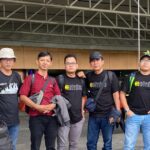The contemporary and contextually grounded academic study titled “Islam in the Indonesian Archipelago: Society, Organization, and Counterterrorism” was initiated by the Al-Mesbar Studies & Research Center, based in Dubai, United Arab Emirates. This international scholarly project features contributions from various experts, including Hijrian Angga Prihantoro, who plays a pivotal role in advancing the discourse on Islam in Indonesia.
Comparative Analysis of Muhammadiyah and Nahdlatul Ulama
In his chapter, Hijrian conducts an in-depth comparative analysis of the two largest Islamic organizations in Indonesia: Muhammadiyah and Nahdlatul Ulama (NU). His study, titled The Comparison of Muhammadiyah and Nahdlatul Ulama: Religious Discourse, Political Views, and Social Movements, explores several key dimensions, including the founders of each organization, their foundational motivations, internal religious discourses, interpretations of Islamic movements, political ideologies within the national context, significant political figures within each organization, and their approaches to social mobilization and member empowerment.
The Evolution and Development of Islam in Indonesia
This volume offers a comprehensive portrayal of how Islam in Indonesia has historically evolved and adapted to diverse socio-political landscapes, cultural traditions, and local customs. These adaptations are evident in the variety of religious expressions practiced by Indonesian Muslims, reflected in their educational systems and public religious life. The book also explores the formation and development of Islamic organizations in response to issues of nationalism and citizenship, and highlights the dynamic intersection of Islam with contemporary counterterrorism narratives.
Pluralism and Dialogical Nature of Islam in Indonesia
By placing Indonesian Islam within both historical and contemporary frameworks, the study emphasizes the pluralistic, adaptive, and dialogic nature of Islamic practice in the archipelago. This scholarly effort not only enriches academic discourse but also contributes to a more nuanced understanding of the unique characteristics and societal roles of Islam in contemporary Indonesia.
Islam in Indonesia within a Global Context
Through this multidimensional approach, the study invites readers to understand Indonesian Islam not only as a religious entity but also as a social force influencing political, cultural, and public policy dynamics. By exploring the roles of Muhammadiyah and Nahdlatul Ulama, the study illustrates how both organizations contribute to shaping political and social views in Indonesia, especially in relation to the increasingly relevant issue of counterterrorism in the global context.
Conclusion: Adaptive and Dialogical Islam in Indonesia
The study highlights how Islam in Indonesia continues to adapt to the ever-changing socio-political context. The diversity of religious practices, inclusive attitudes, and capacity for dialogue in the face of new challenges position Indonesian Islam as an intriguing model for study. This work not only enriches academic understanding but also contributes significantly to a deeper appreciation of Islam’s role in contemporary Indonesian society.







